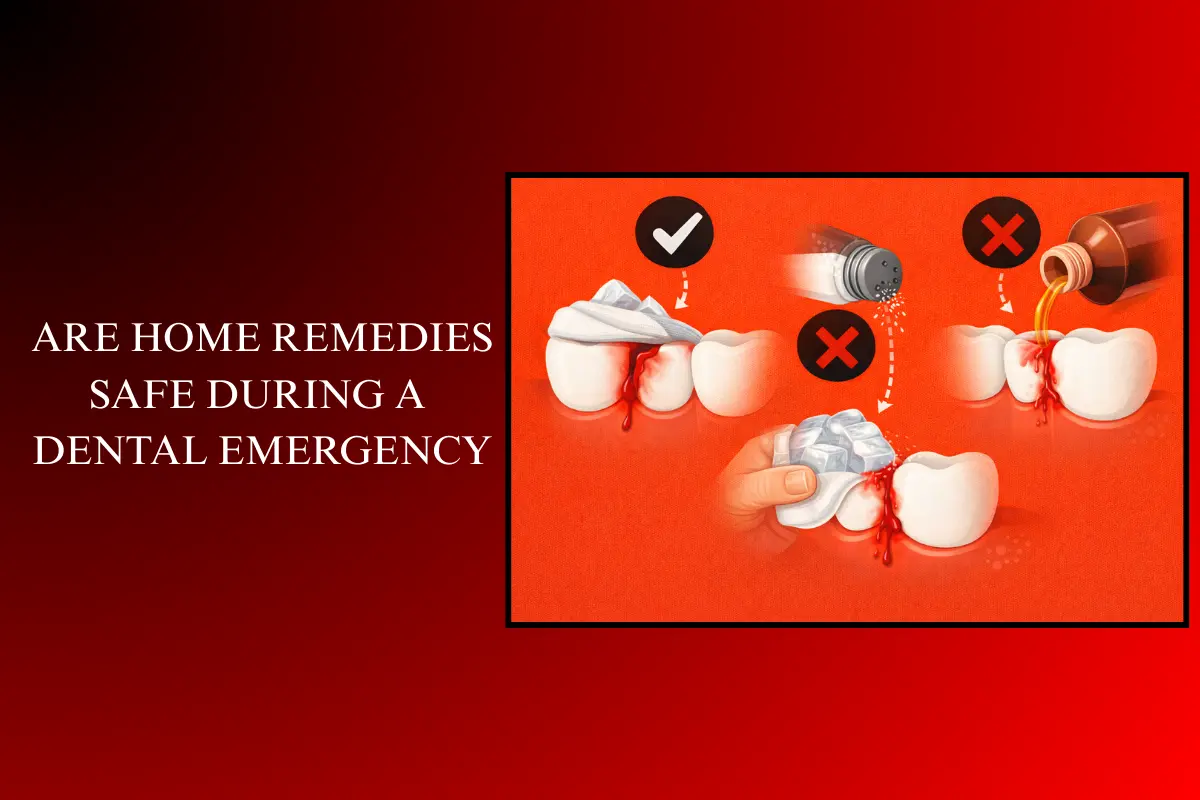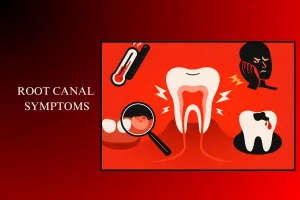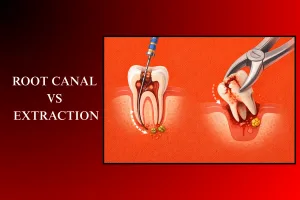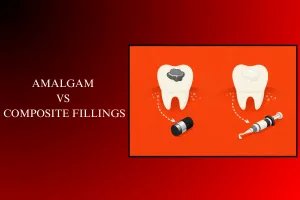When a sudden toothache strikes or a tooth chips without warning, your first instinct might be to reach for a quick fix at home. Google is full of advice—saltwater rinses, garlic pastes, even superglue. But before you try any of them, it’s important to ask:
Are home remedies actually safe during a dental emergency?
In most cases, no, they’re not.
While some may offer short-term relief, most home remedies come with risks that can lead to more pain, infection, or permanent damage if not handled properly by a professional.
At Night and Day Emergency Dentist, we prioritize your dental health 24/7, providing expert care when you need it most. Let’s read when home remedies can help—and when they can hurt.
Book Your Appointment Now!What are the Common Home Remedies People Try During a Dental Emergency?
Some remedies can help manage symptoms until you reach a dentist:
- Saltwater Rinse – Acts as a natural disinfectant and helps reduce swelling.
- Cold Compress – Applying ice packs outside the cheek can numb pain and control swelling.
- Over-the-Counter Pain Relievers – Medications like ibuprofen can help manage pain and inflammation.
- Clove Oil – Natural eugenol in clove oil can temporarily numb a painful area.
- Dental Wax – If a broken tooth or braces are irritating your mouth, covering sharp edges with dental wax can prevent cuts.
Why Relying on Home Remedies Can Be Risky?
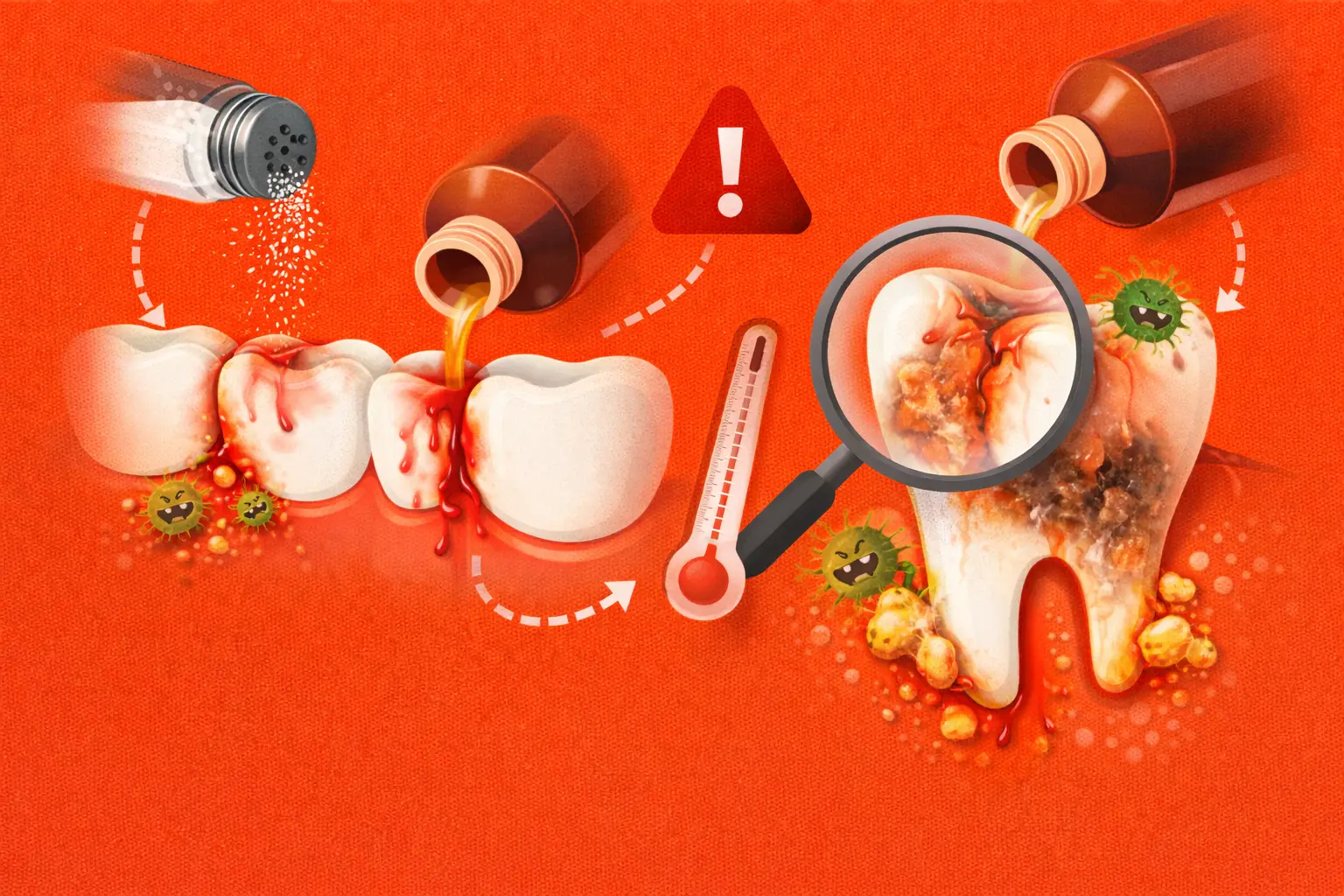
1. They Only Mask the Pain
Home remedies like saltwater rinses or cold compresses may soothe pain temporarily, but don’t treat infections, cracks, or abscesses.
2. Some Can Do Harm
Applying aspirin directly to your gum can burn the tissue. DIY fixes with glue or cotton may worsen the issue or cause an infection.
3. Delays Can Cost You
Waiting too long for proper treatment often leads to more damage and higher costs. What’s minor today could become an emergency root canal tomorrow.
4. Misdiagnosis Is Common
Covering up symptoms makes it harder for your dentist to spot the real problem, especially if the pain comes and goes.
5. Infection Risk
Using unsterile items or ignoring swelling and redness may lead to serious infections or even hospitalisation.
Get Immediate ReliefSafe Steps to Take While You Wait
Some minor issues can be managed at home for a short time, but only until you see a dentist. Here’s how:
Slightly Chipped Tooth
If it’s not painful and doesn’t expose inner layers:
- Rinse with warm salt water
- Cover sharp edges with dental wax (available at most pharmacies)
- Avoid chewing on the affected side
Call us if:
- The chip is large
- You feel sensitivity or see yellow or pink layers inside the tooth
Mild Toothache
If it’s dull or caused by stuck food:
- Floss gently to clear debris
- Rinse with salt water
- Use a cold compress on the outside of your cheek
Call us if:
- Pain lasts more than 1–2 days
- You notice swelling, pus, or fever
Managing a Cracked Tooth Before Your Visit
If the crack is small:
- Avoid chewing on that side
- Dab clove oil for mild pain relief
- Take over-the-counter painkillers if needed
Call us immediately if:
- There’s severe pain
- The crack is deep or the tooth feels loose
Pain, swelling, broken teeth, and bleeding are signs of underlying dental emergencies. They require prompt professional care to prevent serious complications. For any urgency, visit Night and Day Emergency Dentist for prompt dental treatments.
Which DIY Remedies Are Dangerous and Should Be Avoided?
Never try these at home—they’re more harmful than helpful:
- Aspirin on gums – Causes chemical burns
- Superglue – Toxic and damages tissue
- Hot compresses on abscess – Can spread infection
- Popping a gum boil – Bacteria may enter the bloodstream
- Tweezers or pins to remove debris – Can injure gums or create wounds
How Night and Day Emergency Dentist Can Help?
At Night and Day Emergency Dentist, we are fully equipped to treat urgent dental issues safely and effectively, day or night.
We offer:
- 24/7 immediate dental care
- Pain management and infection control
- Repair of broken, chipped, or knocked-out teeth
- Treatment for gum infections, abscesses, and injuries
Don’t gamble with your smile. When a dental emergency strikes, professional care is the safest choice.
FAQs – Are Home Remedies Safe During a Dental Emergency?
Because they only mask symptoms temporarily. For example, clove oil may dull pain, but it doesn’t treat infections or structural damage. Relying on these can lead to worse outcomes.
Yes. Remedies like aspirin on gums or using superglue can cause burns, infections, or toxic exposure, turning a manageable issue into a serious one.
Avoid poking the area with tools, applying heat, using glue, or taking leftover antibiotics. These can delay healing or cause new complications.
Conclusion
While certain home remedies may offer temporary relief, they are not a cure for dental emergencies. Ignoring serious symptoms or delaying professional care can lead to long-term damage, infections, and even tooth loss. If you experience a dental emergency, skip the DIY treatments and contact Night and Day Emergency Dentist immediately for expert help.
Protect your smile the right way—your teeth deserve it!
